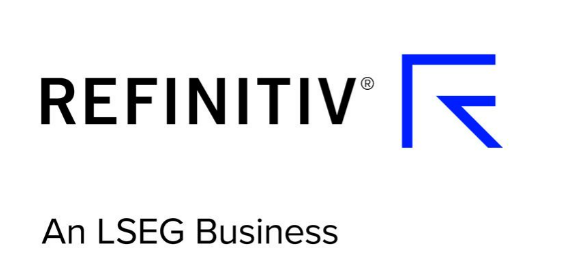You don't need to be an expert to invest
- 6 min reading time

Buying shares isn't just for the extremely wealthy or professionals. By understanding how the market works, and the main risks, you can take your first steps towards investing.
What you will learn
The idea of investing in the stock market can be daunting. Yet, if you understand how the market works, have thought about your life goals and know the level of risk you're prepared to take, it can be a rewarding way to make your cash work harder.
Shares: slices of corporate pie
Shares, sometimes known as stocks or equities, are tiny portions of a company. They can be bought by investors, who then become shareholders.
Did you know?
When economists talk about 'blue-chip' companies, they mean major firms that are likely to be sound investments even in tough economic times. The name is derived from poker, where the blue chip has the highest value.
A company becomes publicly listed when it offers its shares to the general public - hence the name public limited company. Such companies have limited liability, which means that shareholders are not responsible for all the debts of the company if it fails.
Business owners may decide to list their companies to fund expansion, or to recoup their investment.
Why shares rise and fall
Shares can go up and down in value because of a range of factors. When a company is doing better than its competitors, or there is high demand for its products, its share price may rise.
For instance, BP's share value rose in early 2018, partly because oil prices had increased. The company had also boosted oil and gas production.
Events such as a management crisis or a general slump in the economy may cause values to drop. For example, in mid-2018 Facebook's share price plummeted, after the company was involved in a high-profile controversy about its data practices.
Stock market: the trading hub
The stock market is where shares are bought and sold. Here, huge numbers of investors are trading in shares constantly, pushing prices up and down. The UK's main stock market is the London Stock Exchange.
The progress of prices as a whole is tracked by market indices. These chart the average performance of a selection of companies at any one time.
In the UK, the best-known indices are the FTSE ('Footsie') 100 and FTSE 250 and these track the country's biggest 350 companies. When commentators say the market is up or down, they are generally referring to the latest position of these indices.
Why invest in shares?
Most people start to save by putting cash away in a bank or building society. But, on its own, it's not always the most effective way to build up a pot of money over a longer term when interest rates are low – particularly if you are saving for larger life goals such as your retirement or buying a home.
That's been especially true in recent years. Interest rates have lingered at around 0.5% since 2007/8. Only recently have they edged upwards.
For instance, if you'd been saving £300 a month over 10 years at that rate, your total amount would be just over £36,900. If you'd put in the same amount at the start as a lump sum of £36,000, you'd have fared slightly better, ending up with £37,845.
But since inflation has been running higher than interest rates, the real value of your cash would have declined.
By comparison, investments in the UK stock market delivered average annual returns of 4.9% in the 10 years to 2017. That would have given you £46,366 through the monthly saving option, or £58,705 with the lump sum (minus costs, which you can read about here).
Of course, that pattern might not be repeated over the next 10 years. Investing in shares is risky: in the stock market, volatility is a way of life.
But over a longer term – five years or more – investments stand a better chance of riding out the wilder fluctuations. Shares are best seen as a marathon, rather than a sprint.
Finding the right balance
If you choose to invest directly in a company, you become a shareholder. You may benefit from a rise in its share value and sometimes from dividends, which are a share of profits paid out periodically to shareholders if a company is successful.
However, if you invest in a single company you are placing all your eggs in one basket. Investing in shares is risky, but it is even more so if your money is entirely at the mercy of one firm's fortunes.
If you do invest in one business, it's worth doing your research, as your whole investment is at risk of going down as well as up in value.
A good way of spreading the risk is to pool your money with other investors in a fund. Funds buy a range of shares: you don't have to choose each investment. The down side, however, is that you don't qualify for dividends either.
Investment funds: where to start?
There are many funds to choose from. Some seek higher returns by investing in riskier ventures; others are biased towards more stable investments. Some specialise in a specific industry or country.
You should choose your funds based on your life goals and what you want to achieve from your investment, as well as your taste for risk. The greater your plans, the more risk you'll need to accept.
If you want advice, you can speak to a financial adviser. Should you prefer to do it yourself, you can use one of the many share dealing platforms available, which make buying shares online as easy as buying holidays or books. These platforms don't offer advice, but the trade-off is that the fees are smaller.
Are you ready to invest? Read our article, and get on the right path to achieve your life goals.
Any information provided should not be considered personal advice. Past performance is not a guide to future performance. You may not get back the full amount you invest. If you have any doubts about making your own investment decisions, seek financial advice.

























